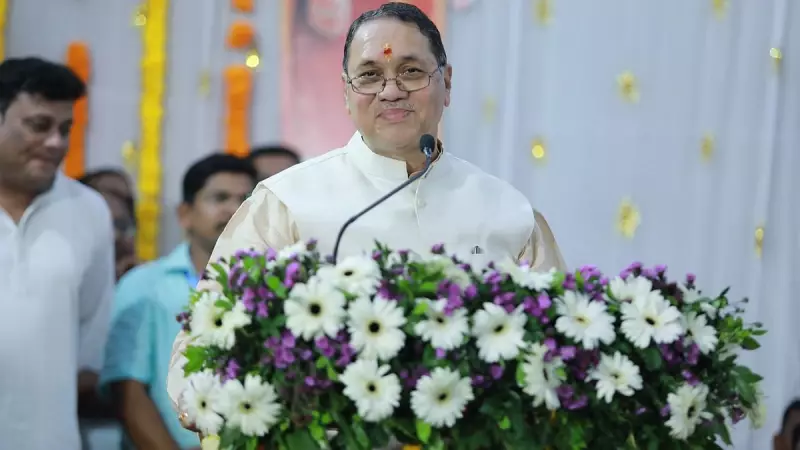
A significant political controversy has erupted in Maharashtra after Nationalist Congress Party (NCP) leader Sunil Tatkare preemptively announced election schedules for various local bodies, stepping into territory traditionally reserved for the State Election Commission.
Constitutional Boundaries Questioned
The unusual announcement came during a press conference where Tatkare, who serves as the president of the NCP's Maharashtra unit, declared specific timelines for elections to panchayat samitis, zilla parishads, and municipal councils. This move has raised serious constitutional questions about the separation of powers between political parties and independent election authorities.
Political Reactions and Backlash
Opposition parties were quick to condemn the announcement, labeling it as "unprecedented interference" in the electoral process. Many have questioned whether this indicates the ruling coalition's intention to influence the election commission's schedule or demonstrates undue confidence in their administrative control.
Political analysts note that such announcements typically fall under the exclusive purview of the State Election Commission, which operates independently to ensure free and fair elections. The commission has yet to release an official schedule for these local body elections, making Tatkare's announcement particularly noteworthy.
Legal and Democratic Implications
The incident raises important questions about:
- The sanctity of independent election management
- Constitutional separation between political parties and election authorities
- Potential precedent for future electoral processes
- Public perception of election integrity
This development comes at a crucial time when Maharashtra is preparing for multiple local body elections, which play a vital role in the state's grassroots democracy and governance structure.
What Happens Next?
All eyes are now on the State Election Commission to see how it responds to this unusual situation. The commission's reaction could set important precedents for maintaining the integrity of electoral processes in India's second-most populous state.
Meanwhile, the controversy has sparked broader discussions about political propriety and the importance of respecting institutional boundaries in India's democratic framework.





